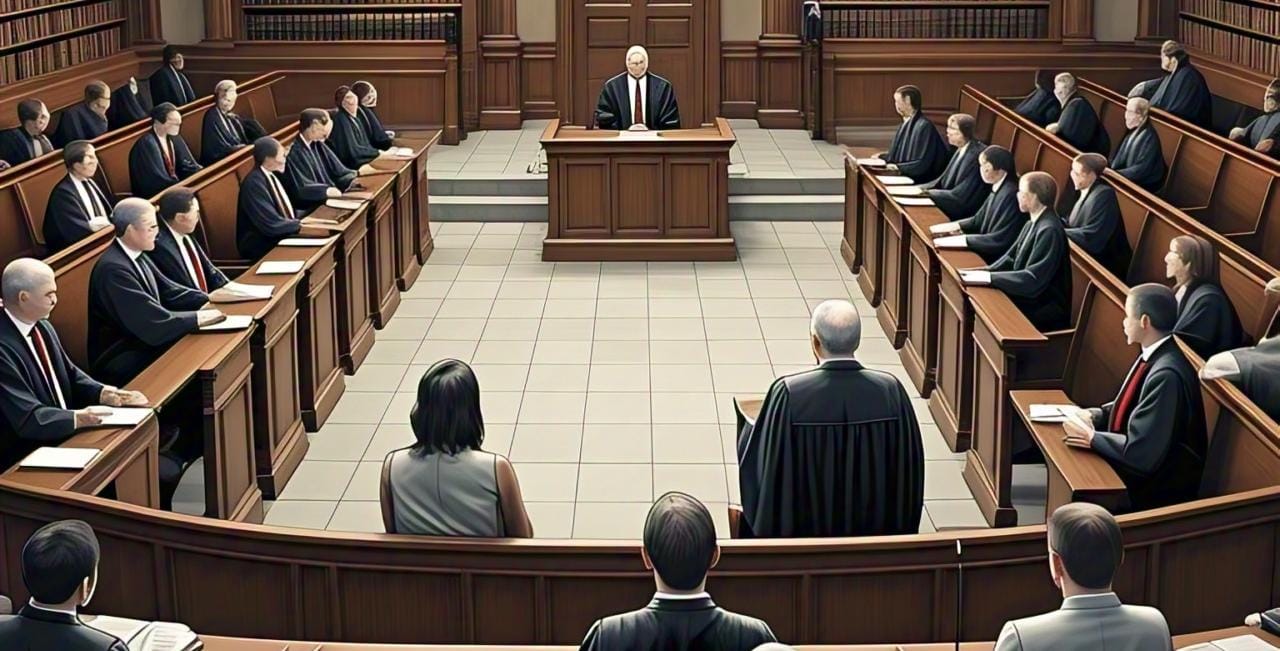Understanding the Supreme Court's Take on Bail in Cross-Cases – PLD 2024 SC 969
7/3/2025 | by Reyan Hameed

In a recent judgment that carries significant weight for criminal practice, the Supreme Court of Pakistan in PLD 2024 SC 969 revisited the principles surrounding bail in cross-cases. While this isn’t an entirely new legal terrain, the clarity and reaffirmation offered by the Court bring much-needed guidance for lawyers, litigants, and lower courts alike.
Cross-Cases: A Complex Legal Territory
Cross-cases typically arise when both parties to a dispute or incident accuse each other of criminal wrongdoing, often stemming from the same occurrence. These are common in violent altercations, family feuds, or land disputes. But what has always been a grey area is how bail should be approached in such situations. The Supreme Court has now shed light on this nuanced subject.
Key Takeaways from the Judgment
Let’s break down the core principles the Court reaffirmed and clarified in this landmark judgment:
1. Not Every Counter-Claim is a Cross-Case
The Court has rightly emphasized that a simple denial or a counter-narrative isn’t enough to qualify as a cross-case. There needs to be a tentative judicial assessment that:
The incident being narrated is the same,
The parties involved are largely identical, and
The occurrence appears to be a single transaction told from different perspectives.
This safeguard is essential because it prevents frivolous or strategically false cross-cases from being used to exploit legal leniencies.
2. Bail is Generally the Rule, Not the Exception
When there are counter versions of the same incident – say, one in the FIR and the other from the opposing party – courts are encouraged to grant bail in appropriate cases. The underlying logic is simple: at the bail stage, it’s not possible to conclusively determine whose version is true or who the actual aggressor was. That determination only comes after a full trial when both sides present their evidence.
So, unless there’s something glaringly obvious pointing to one party’s guilt, bail should be the rule.
3. But Not Always—There Are Exceptions
This doesn’t mean bail is granted blindly in every cross-case. The Court carved out an important exception: if the available material suggests that the accused had a clear and active role in causing a fatal injury, or if it appears they were the primary aggressor, bail may be denied. Each case still hinges on its own facts.
4. Absence of a Specific Role May Tilt the Balance
Interestingly, where the counter-allegations don’t clearly assign an effective role in causing serious harm or death, the case may fall under the category of “further inquiry” under Section 497 of the Cr.P.C. This, again, typically favors the grant of bail.
5. Equal Treatment in Cross-Cases
A valuable principle restated by the Court is that when bail is granted to one party in a cross-case, the other party should usually be extended the same treatment—provided, of course, that the facts and allegations are comparable. This promotes fairness and balance in the judicial process.
Conclusion
The ruling in Ahmad Ali v. The State (Crl.P.183-P/2022) provides a thoughtful and structured approach to handling bail in cross-cases. It recognizes the practical realities of our legal system, where false counter-cases are not unheard of, but also ensures that justice isn’t denied to those who may be falsely implicated.
For lawyers handling such matters, this judgment is now a crucial reference point—offering both a shield for the innocent and a filter to weed out dishonest claims.